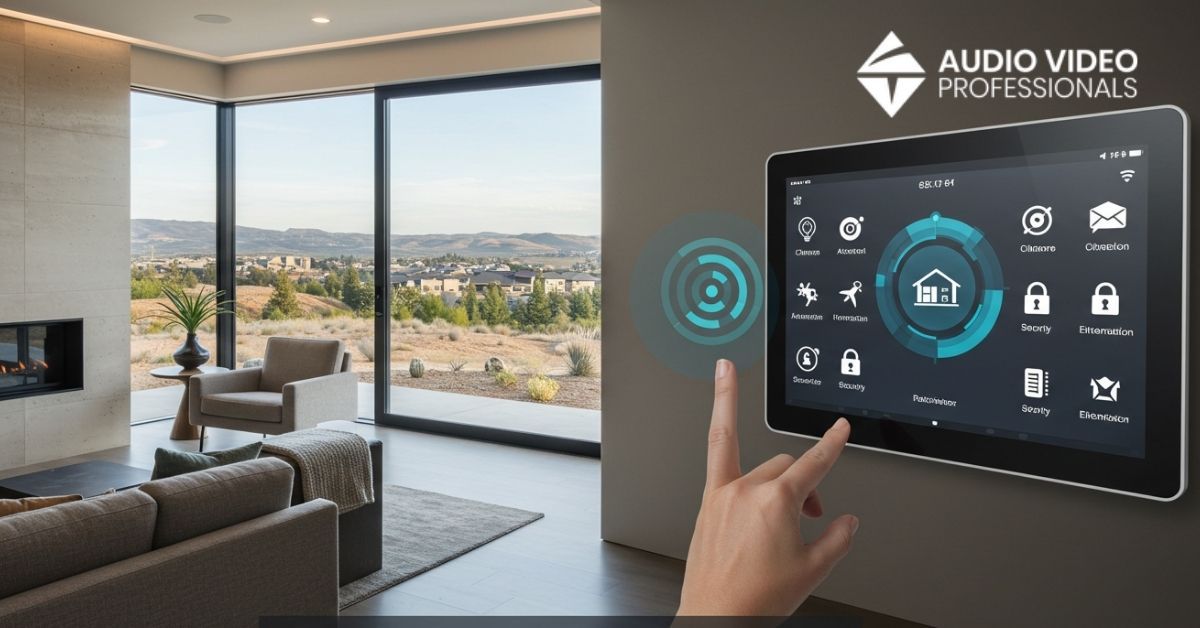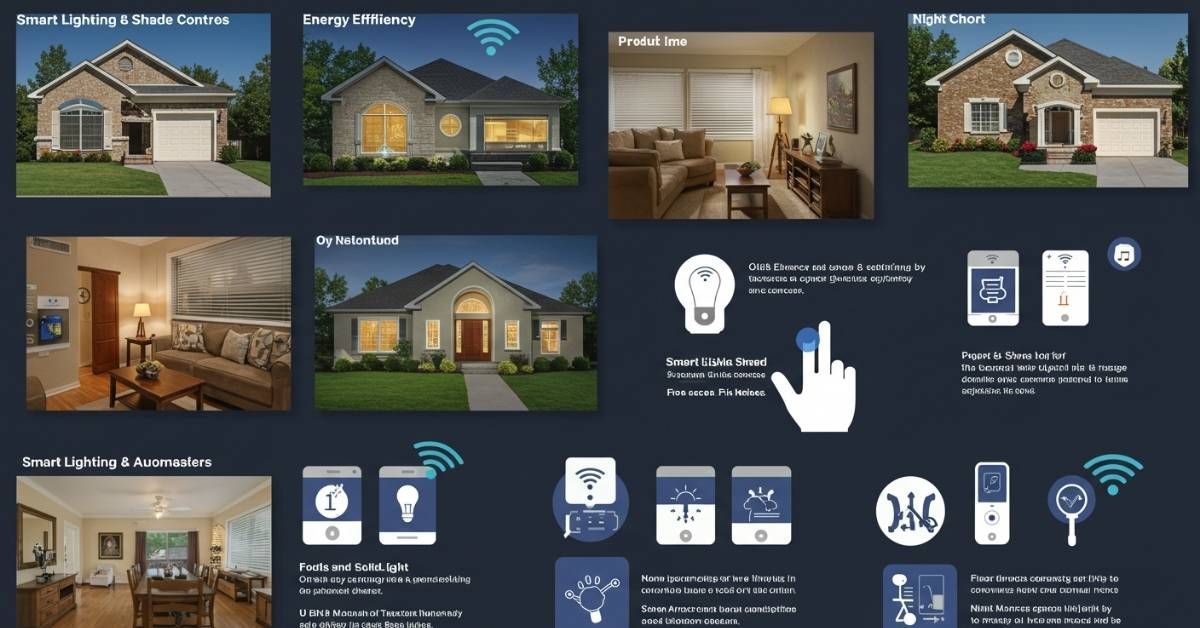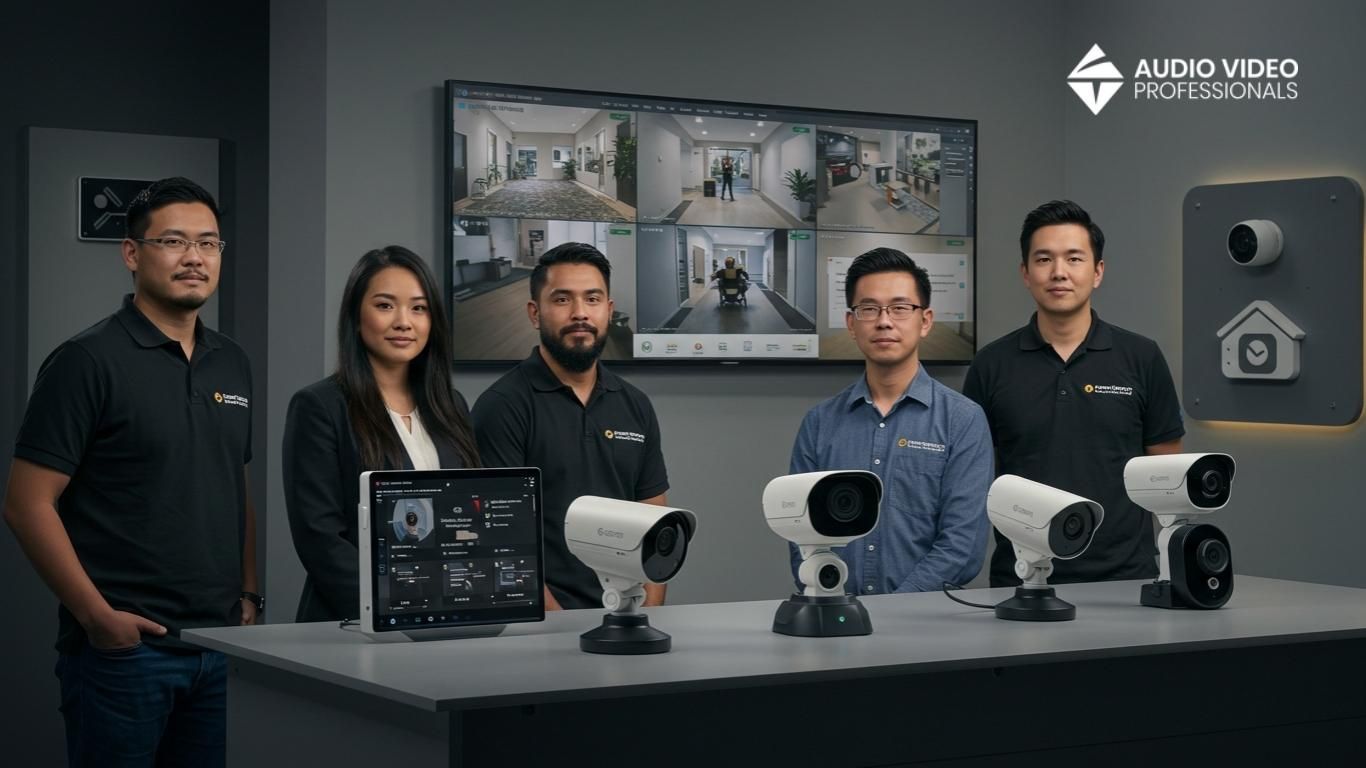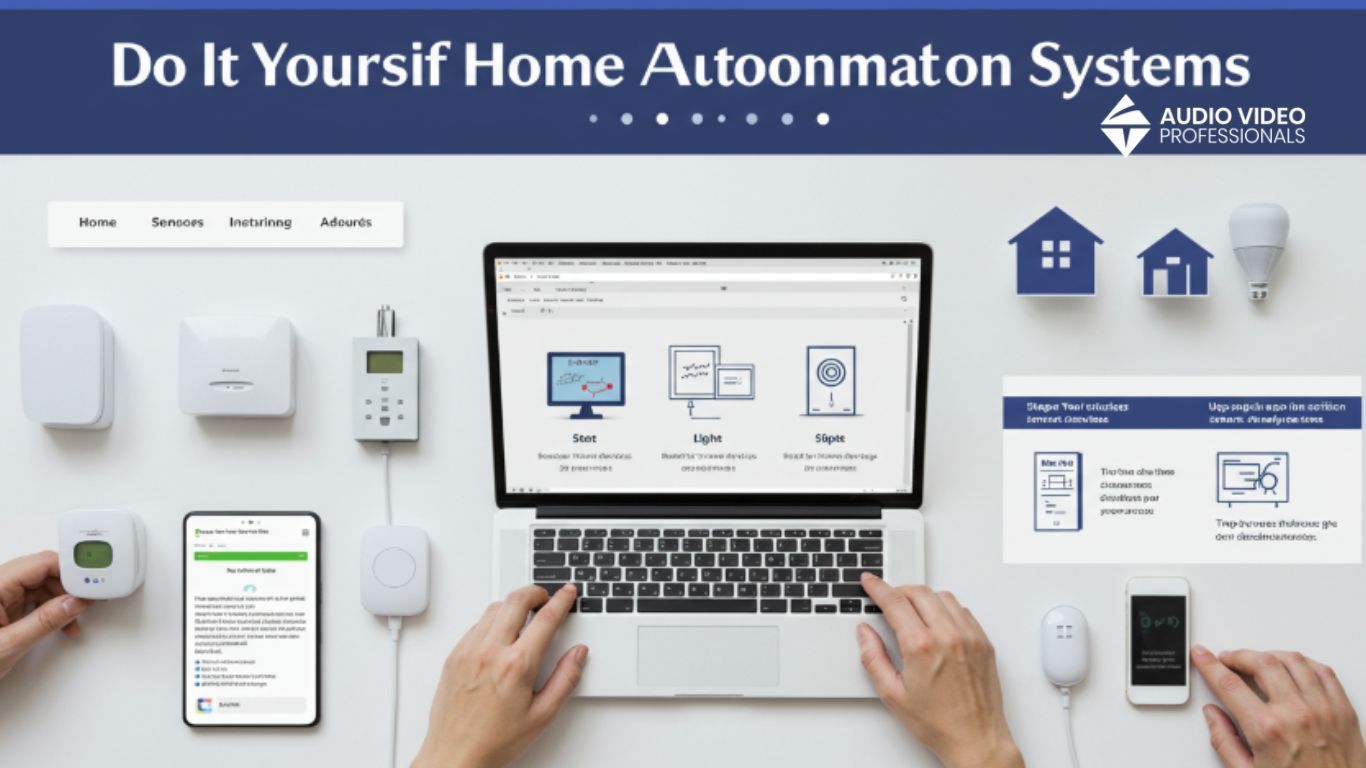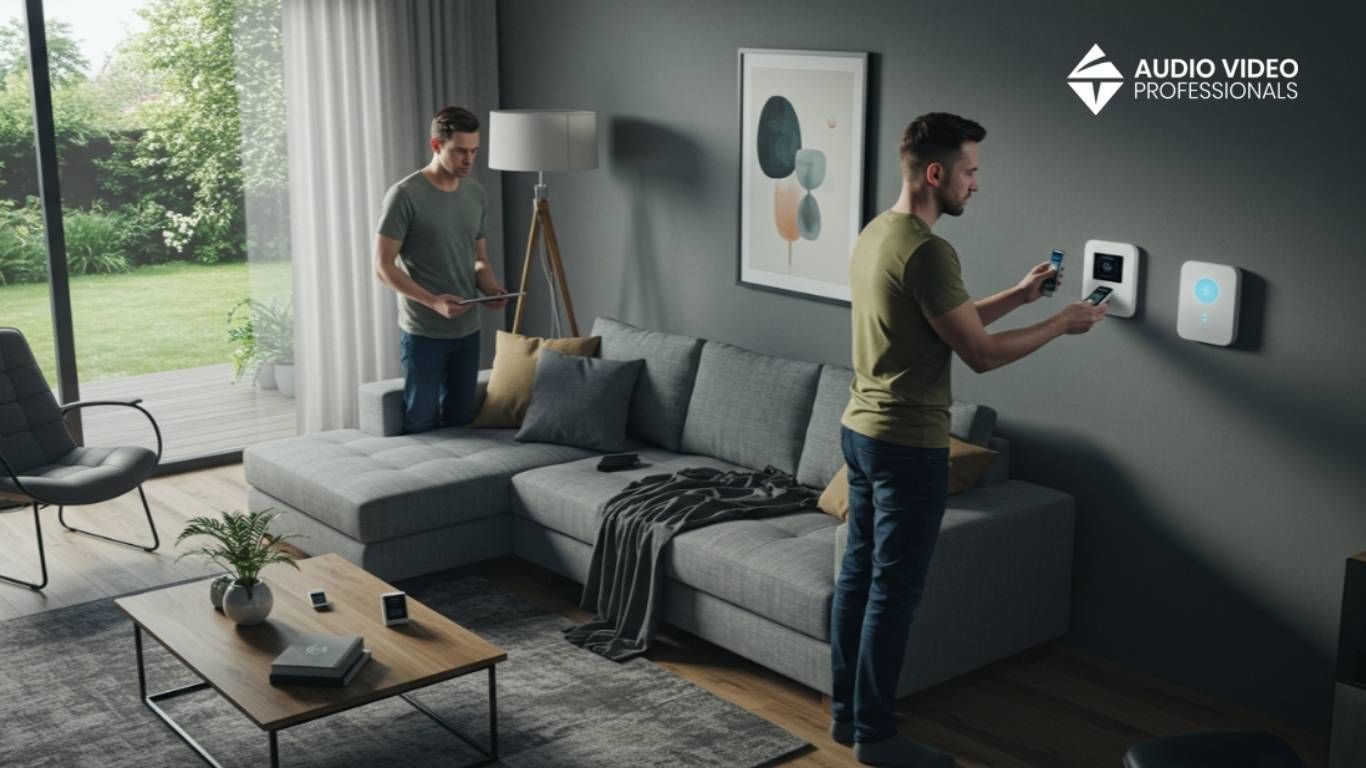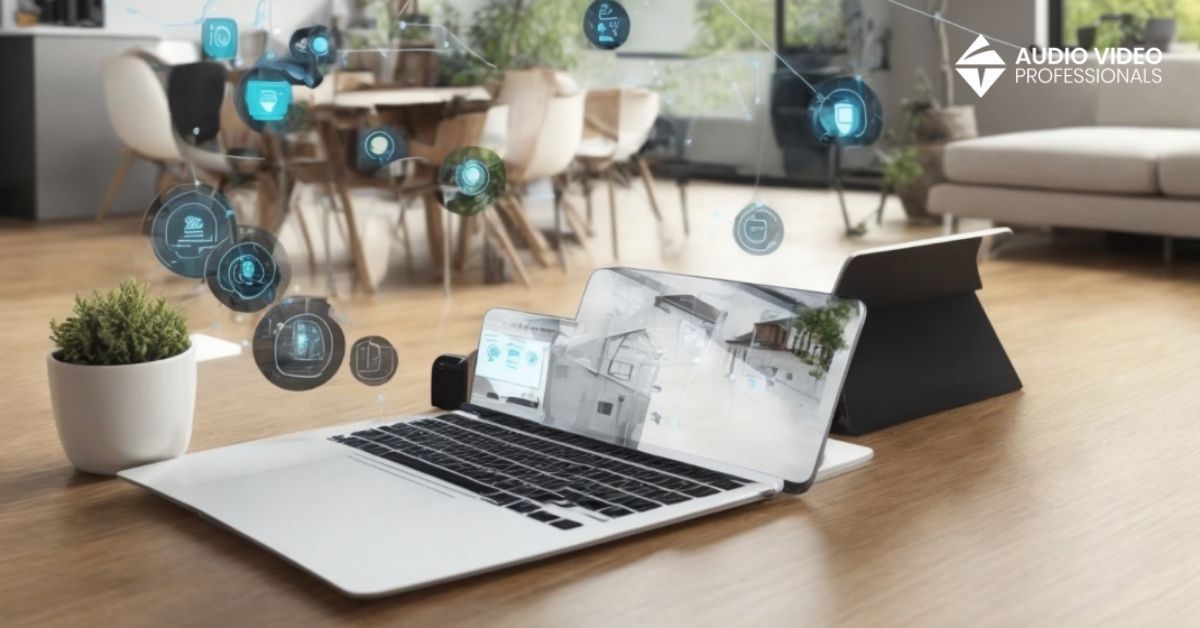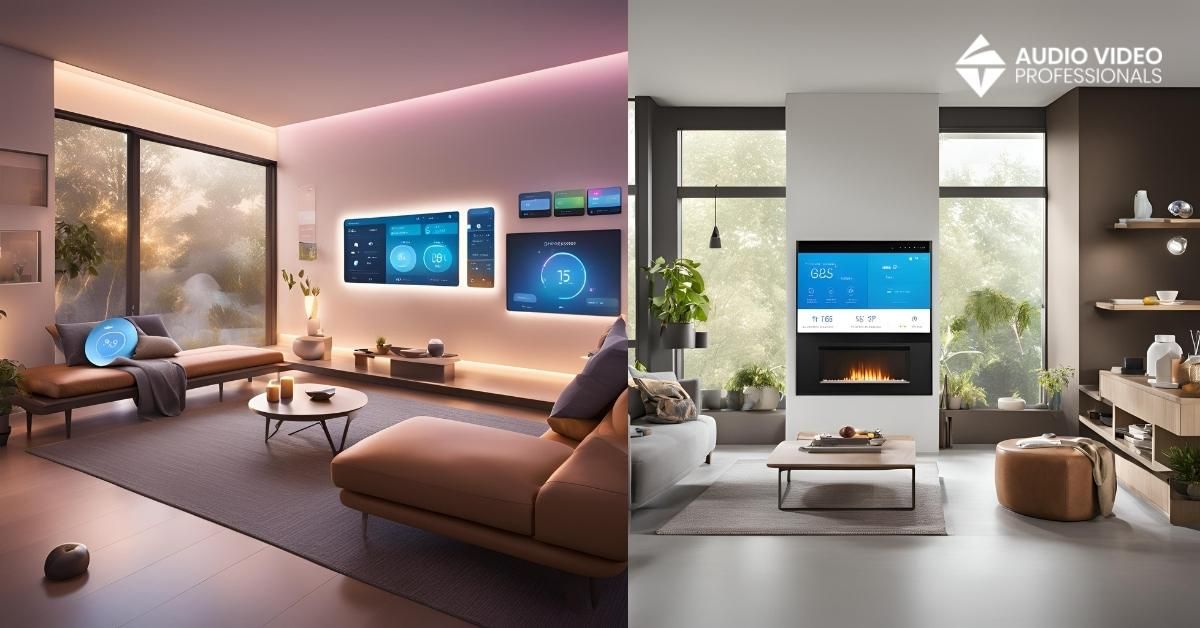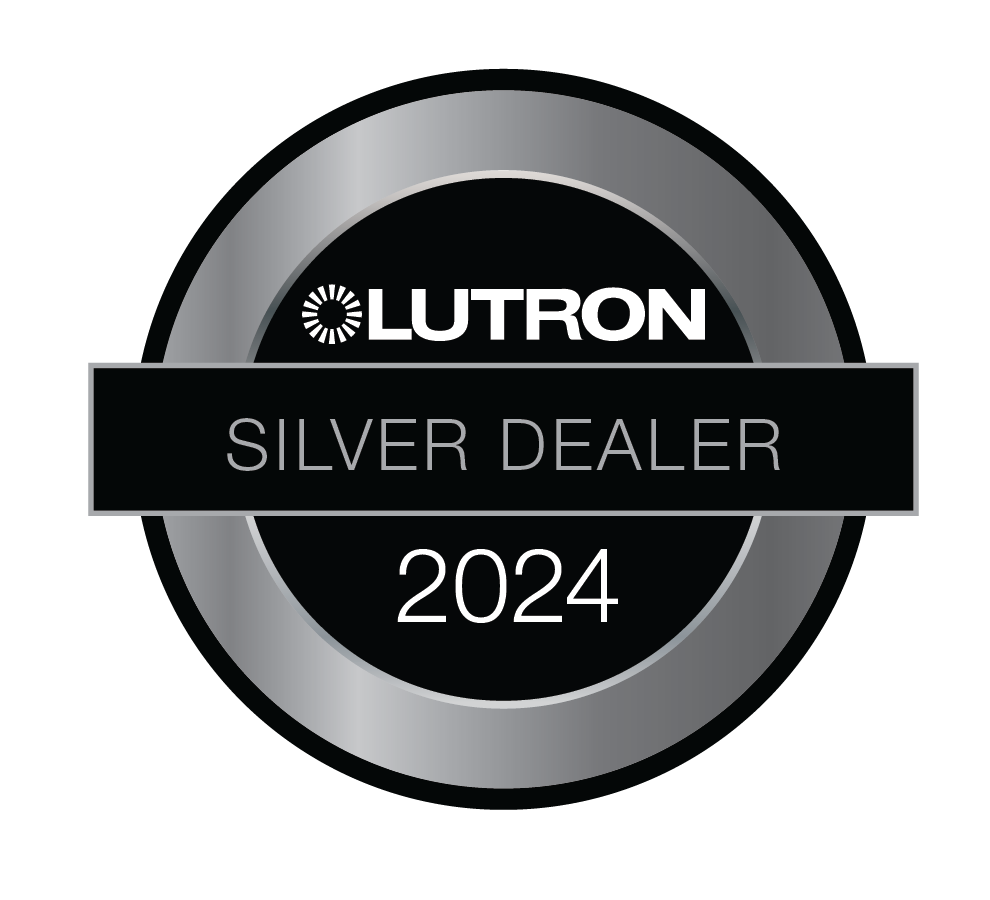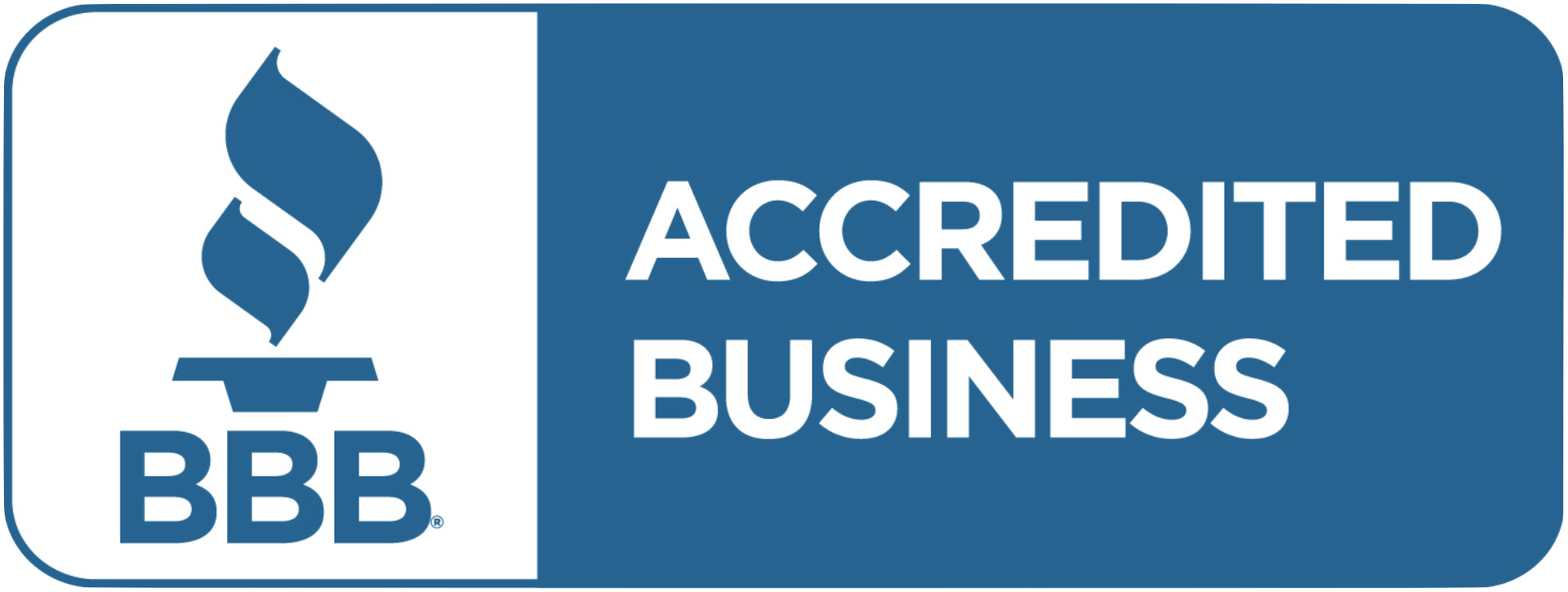Does Home Automation Increase Home Value
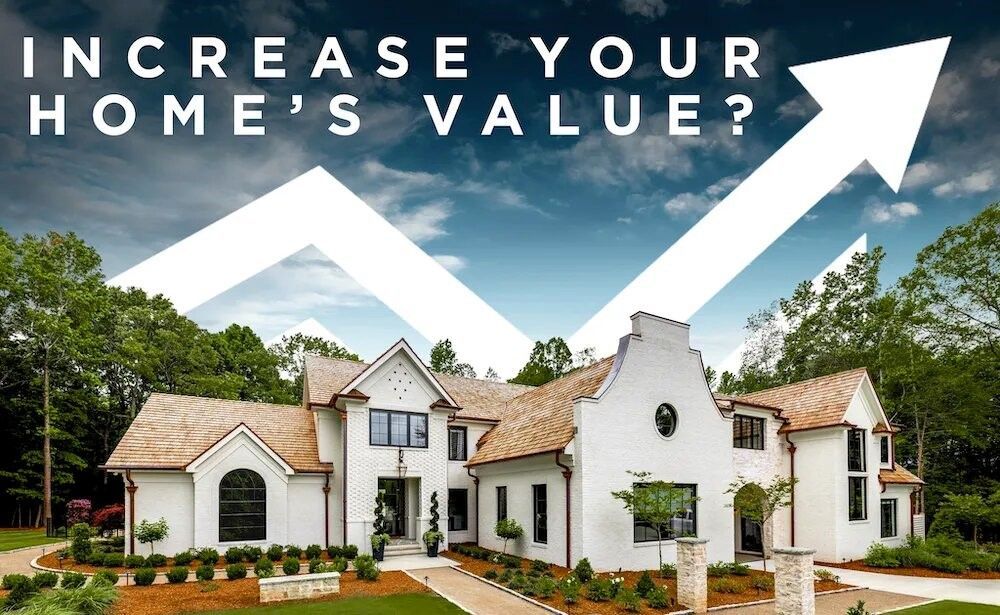
As we navigate through the 21st century, the fabric of residential living is being transformed by the rapid integration of smart home technology. This burgeoning trend reflects a shift towards a more interconnected, efficient, and convenient lifestyle, spurred by advancements in technology. With projections indicating that global consumer spending on smart home systems is set to exceed $191 billion by 2028, and with an anticipated 550 million homes worldwide to be equipped with at least one smart system, the impact of this technology on the real estate market is undeniable. These statistics not only highlight the growing importance of smart home features in enhancing daily living but also underscore their potential to significantly increase property values, catering to the demands of a new generation of homeowners.
Incorporating smart home technology into your residence not only elevates your living experience but also significantly boosts your property's resale value, appealing to a tech-savvy generation and energy-conscious buyers.
The Evolution of Home Automation
The journey of home automation from a niche luxury to a widespread necessity reflects the changing priorities of homeowners in the digital age. The expected surge in consumer spending to over $191 billion by 2028, alongside the projected increase in smart home adoption worldwide, signals a major shift in the housing market. Home automation technology, once considered futuristic, is now a fundamental aspect of modern living, offering unprecedented levels of comfort, convenience, and security. This evolution is a clear indicator of the growing consumer appetite for homes that not only cater to their immediate needs but also offer long-term sustainability and efficiency.
Defining Smart Home Automation
The concept of a smart home is characterized by a network of interconnected devices that automate, control, and optimize various household functions from temperature and lighting to security and entertainment. This ecosystem is designed to enhance the quality of life by providing homeowners with a level of convenience previously unimaginable. According to industry standards set by leaders such as CNET and Coldwell Banker, a property must feature a comprehensive, integrated system of smart devices to be considered truly 'smart'. This includes the ability to control and monitor the home environment remotely, ensuring that homeowners can enjoy a seamless and efficient living experience.
Impact on Resale Value
The addition of smart home technology has a profound impact on a property's appeal and market value. Smart features like thermostats that adapt to your schedule, lighting systems that can be controlled remotely, and advanced security solutions not only make homes more attractive to potential buyers but also contribute to a higher resale value. Research conducted by industry experts, including Coldwell Banker and Vivint Smart Home, provides compelling evidence of the positive correlation between the incorporation of smart technology and increased property valuations. This trend highlights the growing importance of technological integration in enhancing the marketability and financial value of real estate properties.
Key Components of Home Automation
Connected Devices: The foundation of any smart home, these devices range from smart thermostats and lighting to security systems and entertainment units, all interconnected for seamless operation.
Automation: Automation stands at the core of home automation, enabling devices to perform tasks automatically based on predefined conditions, enhancing convenience and efficiency.
Remote Control: The ability to control and monitor your home remotely transforms the way we interact with our living spaces, offering unmatched flexibility and peace of mind.
Voice Control: Integration with voice assistants like Alexa, Google Assistant, and Siri, adds a layer of accessibility and ease, further enhancing the user experience.
Interoperability: A smart home thrives on the interoperability of its devices, ensuring a cohesive ecosystem that simplifies daily routines.
Security: Advanced security features, including smart locks and surveillance systems, fortify the safety of your home, making it an attractive proposition for potential buyers.
Energy Efficiency: Smart homes prioritize energy conservation, with devices like smart thermostats and lighting systems significantly reducing utility costs.
Entertainment: Smart entertainment systems revolutionize the way we consume media, offering personalized experiences at the command of our voice or fingertips.
Health and Wellness: The incorporation of health and wellness gadgets, from air quality monitors to fitness trackers, underscores the holistic value of smart homes.
Data and Analytics: The ability to analyze data on energy usage and device activity empowers homeowners to make informed decisions, optimizing their living environment.
Top Smart Home Features That Buyers Love
When it comes to determining which smart home upgrades will most effectively boost a property's resale value, energy efficiency, security, and convenience are key factors. Smart thermostats stand out as one of the most desirable upgrades, offering homeowners the ability to significantly reduce their energy consumption and utility bills. Similarly, automated lighting systems and smart blinds add both aesthetic appeal and functional value, enabling homeowners to customize their environment with ease. Security features, such as smart locks and surveillance systems, provide added peace of mind, making these upgrades particularly attractive to prospective buyers. Furthermore, the integration of smart entertainment systems and appliances can transform a conventional home into a modern sanctuary, appealing to a wide range of tastes and preferences.
The Added Value of Smart Security Systems
In today's world, where security is a top concern for many homeowners, smart security systems play a crucial role in the smart home ecosystem. These systems, encompassing everything from video doorbells and smart locks to comprehensive surveillance networks, not only enhance the safety and security of a home but also serve as a significant selling point. The ability to monitor and control one's home remotely offers homeowners a sense of security that is highly valued in the real estate market. As a result, properties equipped with advanced security features often see a marked increase in interest and valuation, underscoring the importance of incorporating these technologies into modern homes.
Smart Homes and Sustainability
The push towards sustainability and energy efficiency is a key driver behind the adoption of smart home technology. By enabling homeowners to monitor and adjust their energy usage with precision, smart devices like thermostats and LED lighting systems play a pivotal role in reducing the environmental impact of residential living. This not only results in substantial savings on energy bills but also appeals to a growing segment of the market that prioritizes environmental responsibility. The ability to offer a more sustainable, cost-effective living solution enhances a property's appeal, contributing to its overall value in the eyes of potential buyers.
Accessibility Through Smart Technology
One of the most impactful benefits of smart home technology is its ability to improve accessibility and independence, particularly for individuals with disabilities. Automated systems that control lighting, temperature, and security can provide enhanced convenience and safety, allowing individuals with mobility challenges to enjoy a greater degree of independence. This added functionality not only makes a home more appealing to a broader range of buyers but also demonstrates the versatile value that smart technology can bring to the table, further enhancing a property's appeal in a competitive market.
Conclusion
The integration of smart home technology represents a significant shift in the real estate landscape, offering homeowners a powerful tool to increase their property's resale value. As the digital age continues to influence consumer preferences and expectations, the demand for connected, efficient, and secure living spaces is set to rise. By embracing smart technology, homeowners can not only enhance the livability and sustainability of their properties but also position themselves favorably in a market that increasingly values innovation and convenience.
FAQ Section
Do Smart Home Features Really Increase Home Value?
Absolutely. The integration of smart home technology into residential properties has been consistently shown to increase their market value. Supported by data and expert analyses, the addition of connected, energy-efficient, and secure features makes homes more attractive to a wide range of buyers, ultimately leading to higher sale prices and a competitive edge in the real estate market.
Which Smart Home Features Offer the Best ROI?
Smart thermostats, automated lighting, and comprehensive security systems stand out as the smart home upgrades with the highest return on investment. These features address critical buyer priorities such as energy savings, security, and convenience, making them particularly valuable in today's real estate market.
How Do I Start Upgrading My Home with Smart Technology?
Initiating your home's transformation into a smart residence can begin with simple, cost-effective upgrades like installing smart thermostats and lighting. These foundational changes can significantly enhance your home's efficiency and appeal, serving as a stepping stone to more extensive smart home integration.
Can Smart Home Technology Make My Home More Energy-Efficient?
Yes, smart home devices are designed to optimize your home's energy use, leading to significant reductions in consumption and costs. By integrating smart thermostats and lighting systems, homeowners can achieve greater energy efficiency, making their properties more attractive to buyers who prioritize sustainability and cost savings.
Need help? Get a call back!
Call Us Today
Our Services
Our Company
Location: Meridian, ID 83646
Email: info@audiovideoidaho.com
Call Us Today 208-546-9478
We Are Social
Hours Of Operation
Monday to Friday 8:00 AM - 5:00 PM
Saturday: Appointment Only
Sunday: Closed
All Rights Reserved | Audio Video Professionals


